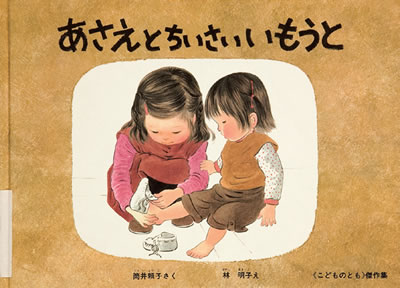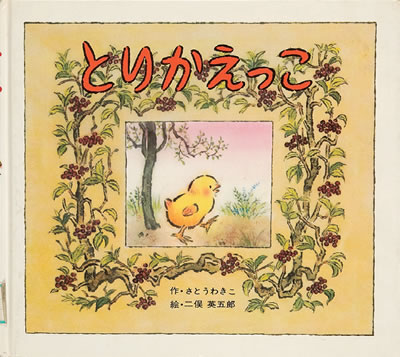Part 3 : Special Corners
Names are different; Calls are different.
“Asae to chiisai imouto”
This is a picture story book featuring two young children. The story goes like this: an elder sister tries to find her little sister, who disappears while they are at home without their parents. In many translated versions, the two characters have different names from the original: “Asae” for the elder sister and “Aya” for her little sister.
In the Taiwanese edition (No.229), for example, the names of “Asae” and “Aya” were changed to “Chacha” and “Meimei” respectively. “Meimei” is not a person's name but a term used to call to a little sister. The little sister's name does not appear throughout the story. In the South Korean version (No.230), the elder sister is called Suni, a popular name in the country, and her little sister is called Yon-I. In other translated versions, various names have been used instead of “Asae”: Asa in the Dutch version, Mari in the Danish version, Anna in the U.K. version, and Aya in the French version. However, not all translated versions have different character names from those of the original. In the Thai version (No.231), no changes were made to the two characters' names.
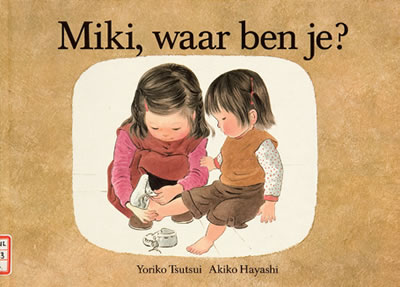
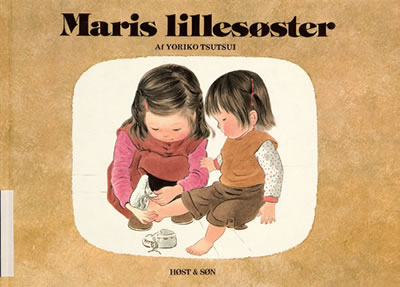
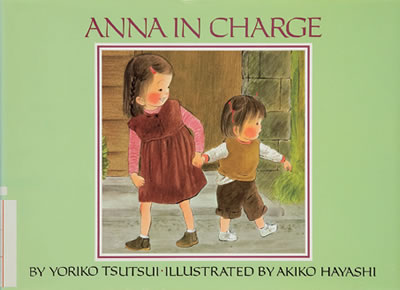
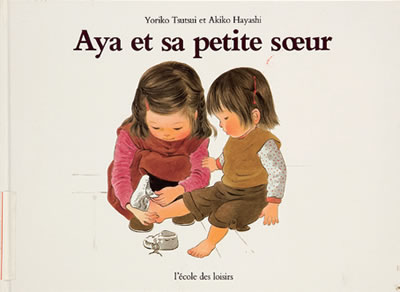
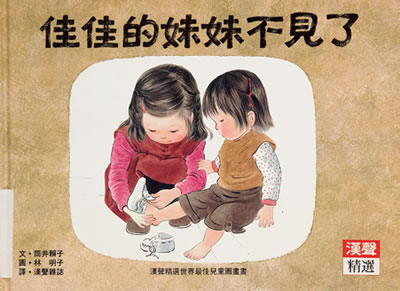
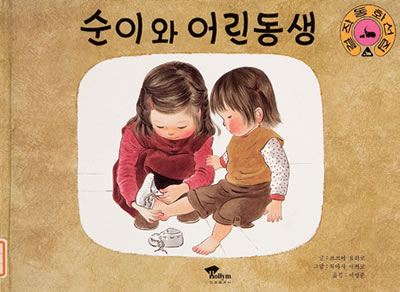
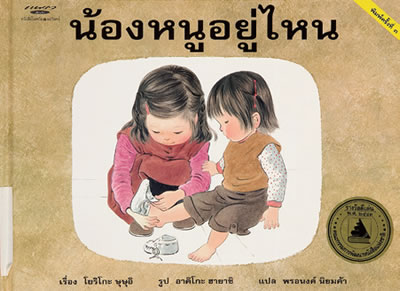
“Torikaekko”
This picture book is about a baby chick who swaps her calls with those of various animals.
In the translated versions of this book, the imitative sounds of bird and animal calls have been changed to those more familiar to local readers. In the original Japanese version, the call of a baby chick is described as “piyo.“ This imitative sound has been changed to “chi” in the Taiwanese version (No.233), “piou” in the French version (No.234), “pio” in the Italian version (No.235), “pío” in the Spanish version (Spanish language) (No.236),“piu” in the Spanish version (Catalan language) (No.237), and“chii” in the Chinese version (No.238). Through these original and translated versions, readers can enjoy the fact that different countries have different birdcalls.
The title of the original Japanese book, “Torikaekko,” was literally translated into Chinese for the Chinese version. In the French, Italian and Spanish versions, however, the call of a baby chick has been used as their titles. In the Taiwanese version, title was changed to wording that means “a baby chick swapping her call with those of other animals.”



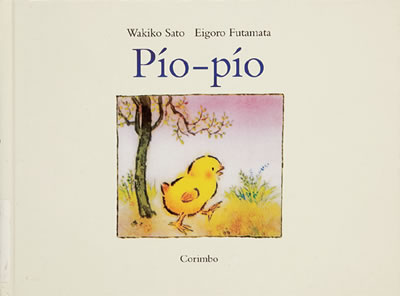
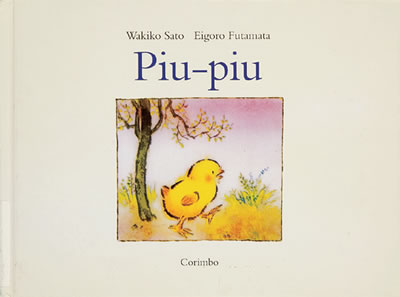

For copyright reasons, images of some books are not available in this electronic exhibition.
- TOP
- Part 3 Special Corners
- Names are different: Calls are different


